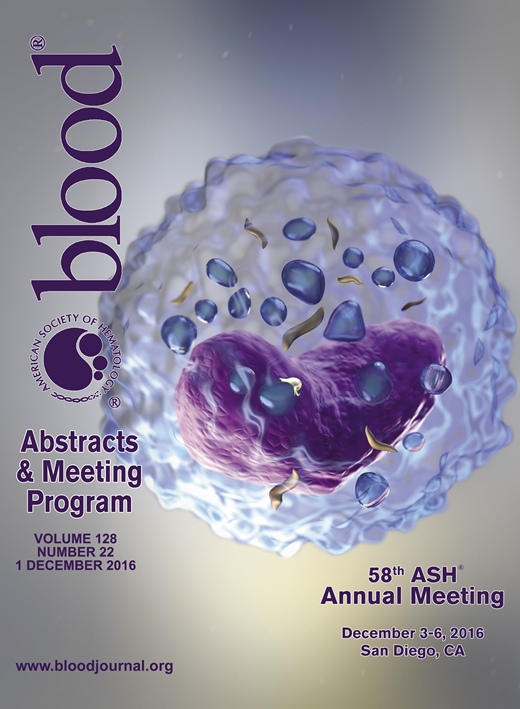Abstract
Introduction
Gene expression and comprehensive genomic profiling (CGP) underscore the importance of multiple myeloma (MM) being driven by diverse genomic abnormalities and are increasingly being integrated into personalized treatment algorithms to optimize clinical outcomes, in particular that of high risk disease. Furthermore, CGP allow for ultra-deep sequencing of various clinically relevant and targetable genomic alterations using a single assay, with an advantage of detection of low frequency variants.
Methods
Samples from 578 patients (monoclonal gammopathy of undetermined significance, MGUS, (n=19); smoldering multiple myeloma, SMM, (n=42); or multiple myeloma, MM, (n=517; 87 newly diagnosed (NDMM), 107after treatment (TRMM), and 323 at relapse (RLMM)) were analyzed using the FoundationOne® Heme (F1H) assay. 50 ng of DNA and RNA from CD138+ selected cells were analyzed for genomic alterations including base substitutions, indels, copy number alterations, and rearrangements. Sequencing was performed to a median depth of 468x in 405 genes, as well as selected introns of 31 genes involved in rearrangements. Additionally, matched Gene Expression Profiling (GEP) was performed using Affymetrix U133 Plus 2 array, and GEP70-defined risk status and molecular subgroups were calculated.
Results
Results of the F1H assay revealed the most common alterations in MM to be: KRAS (28.8%), NRAS (23.2%), TP53 (17.4%), BRAF (6.8%), CDKN2C (6.0%), RB1 (5.8%), TRAF3 (5.8%), DNMT3A (3.9%), TET2 (3.7%) and ATM (2.5%), including mutations, homozygous loss and rearrangements. When these frequencies were split across GEP70 risk groups, TP53, CDKN2C/FAF1, RB1, and the t(4;14) were significantly different (p<0.05). As the disease progressed from MGUS to relapse, the number of mutations showed an increasing trend. Likewise, there were significant differences in the number of mutations between CCND1/CCND3 (CD-1) and low bone disease, CD-1 and hyperdiploid, and hyperdiploid and proliferation groups.
In order to identify independent prognostic genomic alterations, we performed a multivariate Cox regression analysis on all the gene alterations that were present in at least 5% of the patient cohort, resulting in identification of four significant alterations: the t(4;14), mutation/loss of TP53, CDKN2C/FAF1 or RB1. Alterations in CDKN2C and RB1 were associated with the PR group. When the MM samples were split according to type (NDMM, TRMM, RLMM) the effect on survival of each of these alteration was more pronounced at relapse, but still present at diagnosis for CDKN2C and t(4;14). Bi-allelic events in CDKN2C, TP53 and RB1 were examined, by both homozygous deletion and monosomy with accompanying mutation, showing the rate of inactivation increased from 9.2% in NDMM to 17.9% at relapse, indicating that bi-allelic inactivation of these genes are correlated with relapse. CDKN2C and TP53 are known prognostic markers but the prognostic significance of RB1 has been debated. Previous data have shown that the association of t(4;14) with del(13q) results in insignificance of del(13q) as a prognostic marker in multivariate analyses. Here, we confirmed that the prognostic effect of RB1 is not due to association with t(4;14), and show that patients with either the t(4;14) or alteration of RB1 have a poor prognosis, which is worse when both lesions are present.
Conclusions
Using the F1H assay, we establish the mutational spectrum in MM, identifying lesions associated with high risk. This is the first study in MM to identify and confirm the poor prognostic effect of RB1 driven by bi-allelic inactivation, which is more prevalent at relapse. Furthermore, we determined the gene alterations that are independent prognostic markers in relapsed MM, thereby identifying novel therapeutic targets.
He:Foundation Medicine, Inc: Employment, Equity Ownership. Bailey:Foundation Medicine, Inc: Employment, Equity Ownership. Ashby:University of Arkansas for Medical Sciences: Employment. Zhong:foundation medicine: Employment. Nahas:Foundation medicine: Employment. Ali:Foundation Medicine: Employment, Equity Ownership. Vergillo:Foundation Medicine, Inc: Employment. Ross:Foundation Medicine, Inc: Employment. Miller:Foundation Medicine: Employment, Equity Ownership. Stephens:Foundation Medicine: Employment, Equity Ownership. Barlogie:Signal Genetics: Patents & Royalties. Mughal:Foundation Medicine: Employment, Equity Ownership. Davies:Celgene: Consultancy, Honoraria; Takeda: Consultancy, Honoraria; Janssen: Consultancy, Honoraria. Morgan:Takeda: Consultancy, Honoraria; Celgene: Consultancy, Honoraria, Research Funding; Bristol Meyers: Consultancy, Honoraria; Janssen: Research Funding; Univ of AR for Medical Sciences: Employment.
Author notes
Asterisk with author names denotes non-ASH members.

